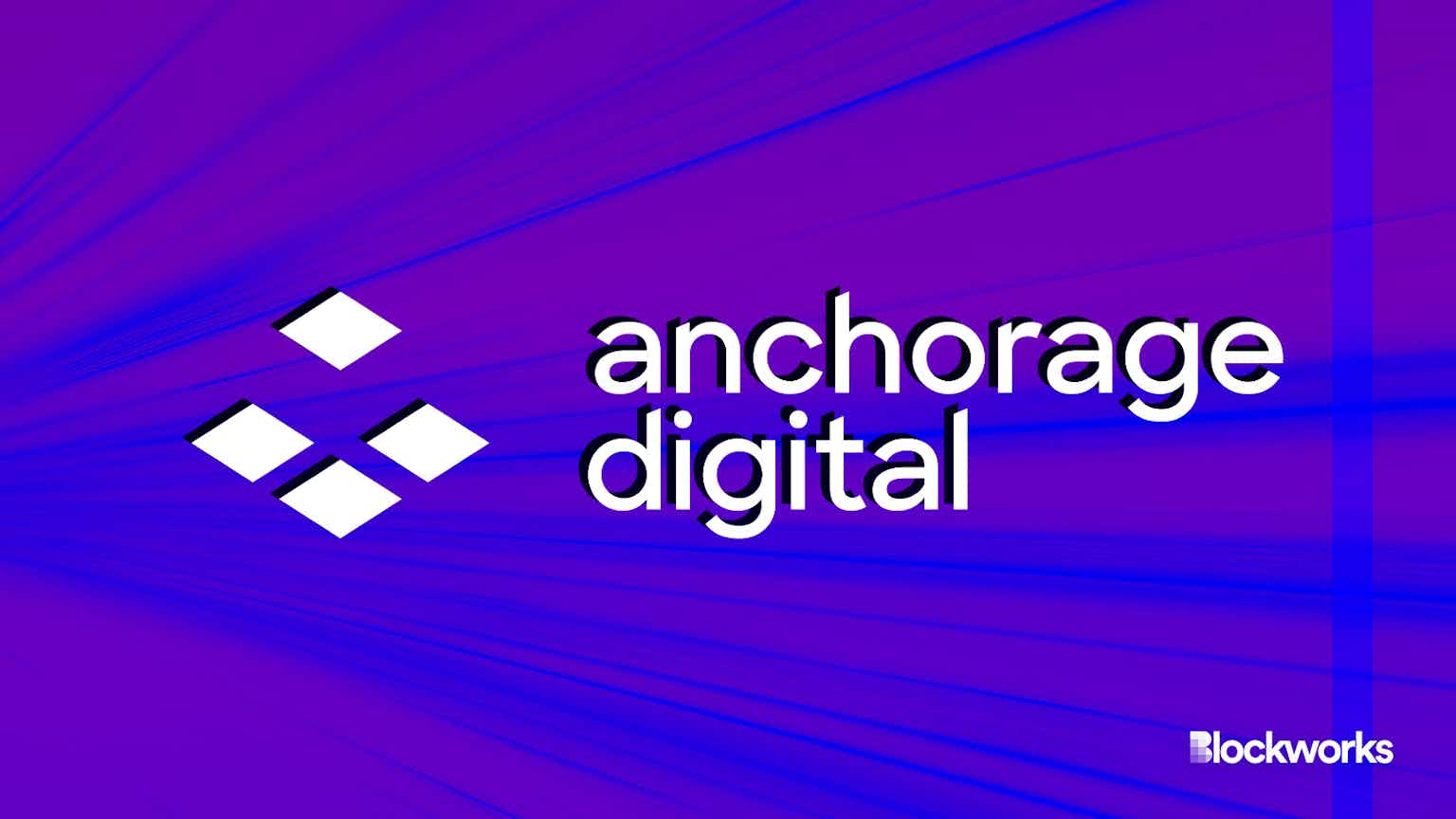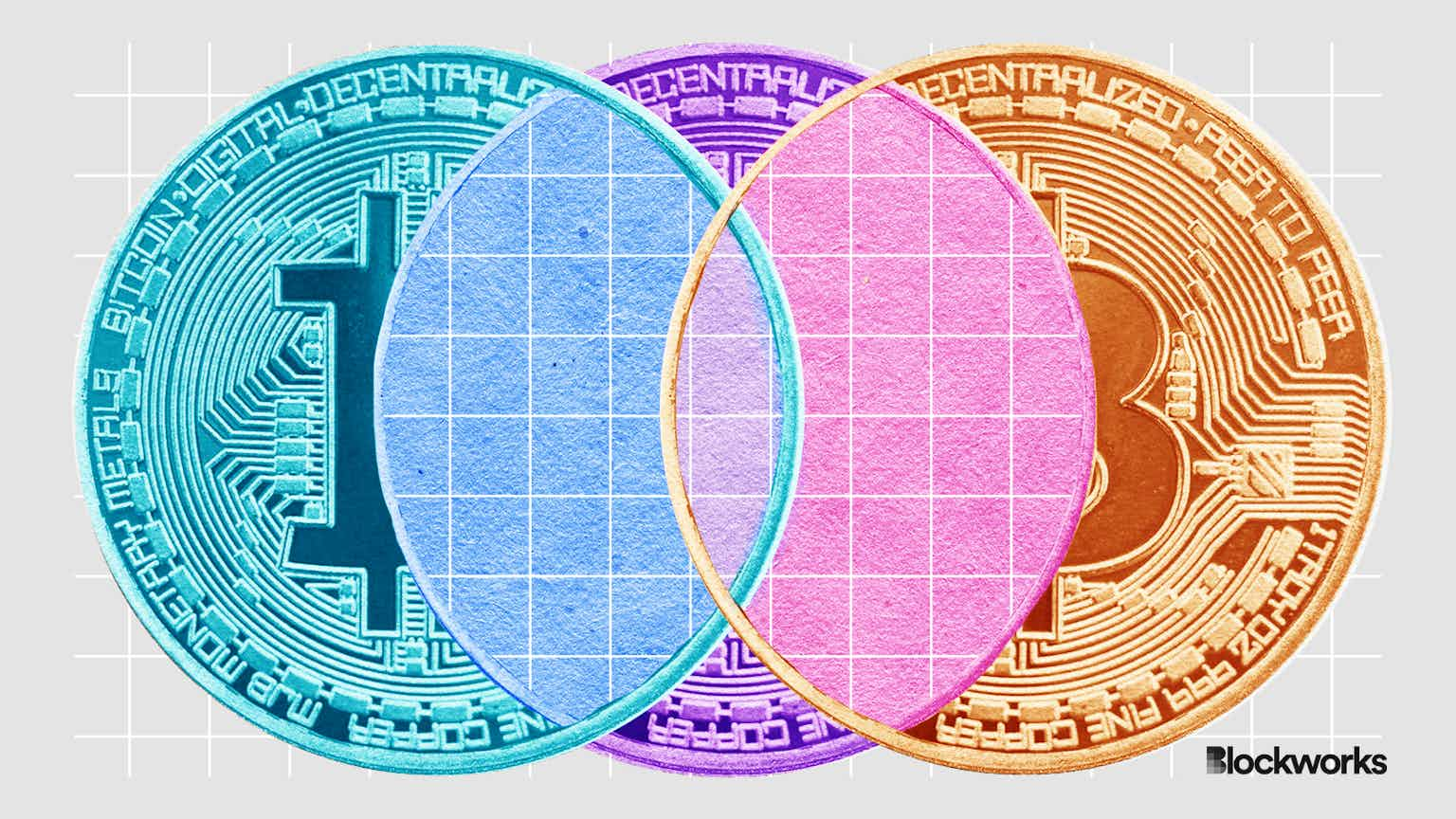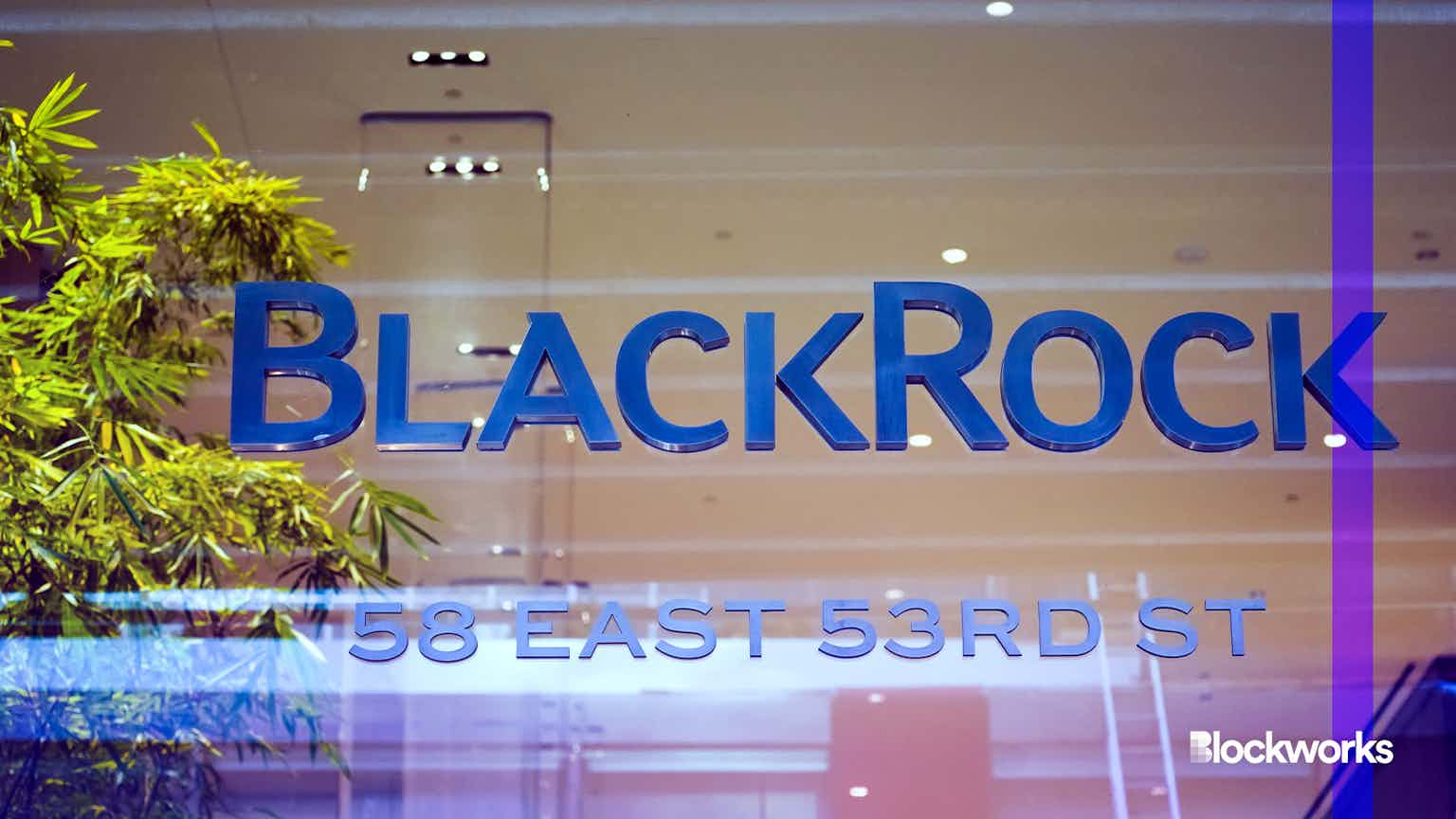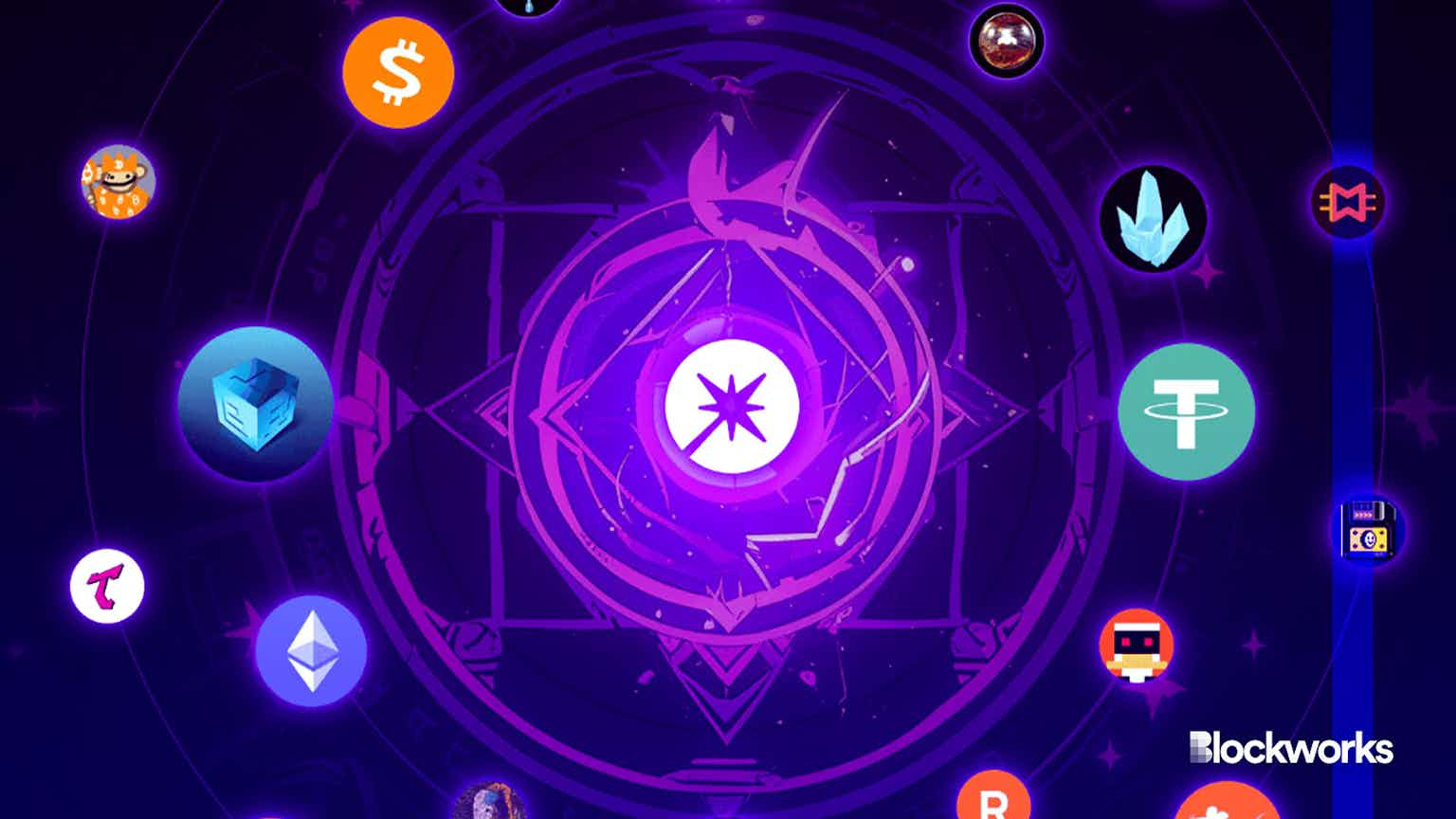New Consortium Hopes To Onboard the Next Wave of Blockchain Games
Three crypto industry veterans have teamed up to launch an investment consortium that will onboard traditional gaming developers into crypto

Blockworks exclusive art by axel rangel
key takeaways
- Galaxy Digital, Republic Crypto and Alameda Research have teamed up to launch an investment consortium that will bring players in the traditional video game space into Web3
- Developers need to understand the economics and business model behind tokenization to monetize it, executives say
As interest in play-to-earn gaming increases, a group of digital asset veterans is partnering up to tackle the intersection of crypto and gaming in a new way.
Alameda Research, Galaxy Digital and Republic Crypto have teamed up to launch an investment consortium that will focus on bringing traditional gaming studios and developers to Web3.
“As the technology that powers the creation and enjoyment of video games continues to evolve, so do the business models by which games monetize,” said Sam Englebardt, the co-founder and partner at Galaxy Digital and founding general partner of Galaxy Interactive. “But a few things will remain constant and fundamental to the enduring success of a game – the quality of the gameplay and the creative vision of the game developers.”
The consortium, called NG+, will invest in players in the traditional video game industry to help with token liquidity.
As the gaming industry continues to lean into blockchain-based solutions and revenue, token economics is an area of need, executives say.
“The creative talent in gaming right now is at an all-time high, yet the most experienced developers are reluctant to build crypto games because of the near-term speculation that the first inning of play-to-earn content has exhibited,” said Richard Kim, the general partner at Galaxy Interactive, the venture arm of Galaxy Digital.
NG+ hopes to ensure that experienced game developers have the support they need to enter Web3, Englebardt said.
“What most crypto games to date are missing is the ability to convert and retain a large base of payers,” Kim said. “Too much of the narrative has focused on ‘play to earn,’ without considering where the sustainable demand to soak up all of the token supply would come from.”
The trend is causing a decline in in-game token prices. Kim pointed to Axie Infinity’s in-game digital currency, SLP, which has crashed from nearly $0.40 in April 2021 to around $0.02 more recently.
“The narrative is now shifting to ‘play and earn,’ but I find this to be a disingenuous formulation, as it again ignores the payer side of the equation, while disguising the underlying economic activity as play…rather than work,” Kim said.
Real sustainability will be driven by “pay-to-win-to-win” models, where a defined player base is willing to pay for tokens to apply their skills in the hopes of earning a bigger share of the network’s rewards, Kim said. Giving players free tokens to start might be the best way to build this demand, he added.
“One of the best ways to get value is to give value first,” Kim said. “I am particularly bullish on midcore games with pre-existing but churned player bases, that can be airdropped tokens for their participation in [version 1] of the game, to be reincarnated in a [version 2] that is token-based.”
NG+ has already taken on its first three participants: GreenPark Sports, a metaverse sports and esports platform; Delysium, a player-owned blockchain game; and Mirror World, a game based on a digital model of real-world structures.
In the partnership, Galaxy will be responsible for sourcing gaming studios, Alameda Research will focus on providing sufficient accessibility and liquidity for the gaming projects’ token-based economies, and Republic Crypto will help guide consortium participants through token economic design and tokenization prior to an exchange listing.
Start your day with top crypto insights from David Canellis and Katherine Ross. Subscribe to the Empire newsletter.





